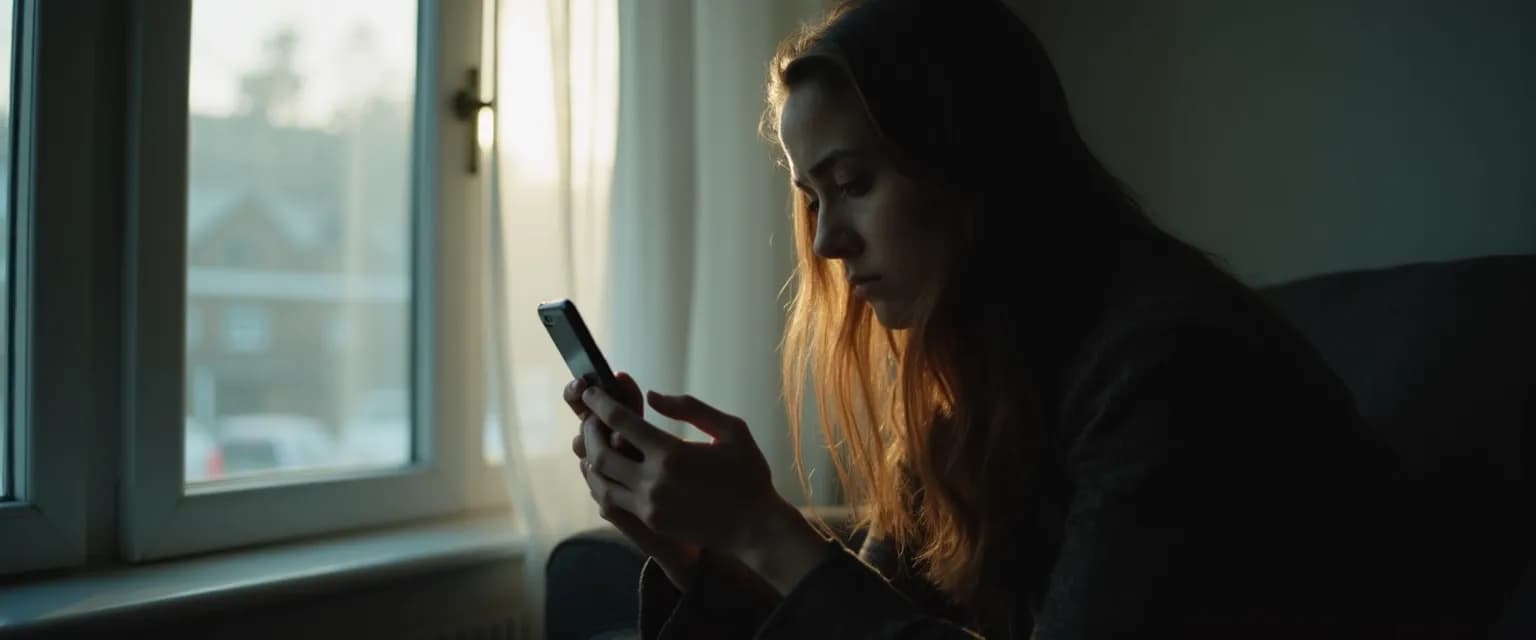Understanding Dismissive Avoidant Breakup Regret: The Silent Aftermath
When relationships end, the emotional aftermath is rarely straightforward—especially when dismissive avoidant breakup regret enters the picture. Unlike other attachment styles who might openly express their feelings, dismissive avoidants process regret in a uniquely complex way that often goes unrecognized. This silent regret matters significantly, though it's frequently misinterpreted as indifference or coldness by former partners.
Understanding dismissive avoidant breakup regret requires looking beneath the surface. These individuals have developed emotional patterns that prioritize self-sufficiency and independence, often at the expense of emotional expression. Research in attachment theory shows that dismissive avoidants aren't actually feeling less—they're experiencing emotions differently, with emotional resilience mechanisms that automatically suppress vulnerable feelings like regret.
The science is clear: dismissive avoidants experience the same neurochemical responses to loss as everyone else. The difference lies in how their brains have been wired to process these emotions—often pushing painful feelings into the subconscious rather than bringing them to the surface where they can be expressed.
How Dismissive Avoidant Breakup Regret Manifests Differently
Dismissive avoidant breakup regret rarely looks like the tearful confessions or emotional outpourings we've come to expect. Instead, it often appears through subtle behavioral shifts that are easy to miss if you don't know what to look for. While they may maintain a composed exterior, their actions often tell a different story.
One key indicator of dismissive avoidant breakup regret is the pattern of brief reconnections followed by distance. They might reach out with a casual text, check your social media, or make unexpected appearances in your life—only to retreat quickly afterward. This push-pull dynamic reflects their internal struggle between yearning and the instinct to protect themselves from vulnerability.
Time works differently in processing dismissive avoidant breakup regret. While others might experience and express regret immediately after a breakup, dismissive avoidants often enter a period of emotional deactivation first. Their regret typically surfaces weeks or even months later, after their defensive systems have relaxed enough to allow these feelings to emerge.
Another fascinating aspect is how dismissive avoidants might speak about the relationship. Listen for subtle shifts from "the relationship wasn't right" to more nuanced reflections that acknowledge specific positive memories. This gradual shift in communication often indicates internal processing of regret that they're not yet comfortable expressing directly.
Remember that dismissive avoidant breakup regret is frequently directed inward rather than outward. They're more likely to silently question their own choices and behaviors than to openly admit these doubts to you or others in their life.
Navigating Your Own Emotions When Facing Dismissive Avoidant Breakup Regret
When dealing with a dismissive avoidant ex who may be experiencing unspoken regret, your own emotional wellbeing must come first. It's tempting to analyze every interaction for signs of remorse, but this can keep you emotionally tethered to someone who isn't currently capable of meeting your needs.
Start by setting realistic expectations about expressions of dismissive avoidant breakup regret. Understanding that their emotional processing differs from yours helps prevent misinterpreting their actions. Their silence doesn't necessarily mean they haven't valued the relationship—it often reflects their ingrained patterns of emotional suppression.
Creating healthy boundaries is essential. Rather than waiting for closure in the form of an apology or acknowledgment of dismissive avoidant breakup regret, focus on creating your own sense of resolution. This might mean limiting contact, redirecting your energy toward personal growth, or building your self-esteem independently of their validation.
Here are practical steps for moving forward:
- Acknowledge your desire for their regret without making it necessary for your healing
- Recognize when you're interpreting neutral behaviors as signs of dismissive avoidant breakup regret
- Invest in connections with people who can express emotions in ways that feel nourishing
- Practice self-compassion when you find yourself hoping for signs of their regret
The most empowering approach is focusing on your growth regardless of whether their dismissive avoidant breakup regret ever surfaces visibly. By shifting your attention to your own emotional journey rather than waiting for theirs to align with your hopes, you reclaim your power in the situation.
Understanding dismissive avoidant breakup regret matters not because it promises reconciliation, but because it helps you contextualize the relationship's end in a way that doesn't diminish its value or leave you questioning your worth. The silent nature of their regret isn't a reflection of the relationship's impact—it's simply the result of deeply ingrained attachment patterns that long preceded your connection.




